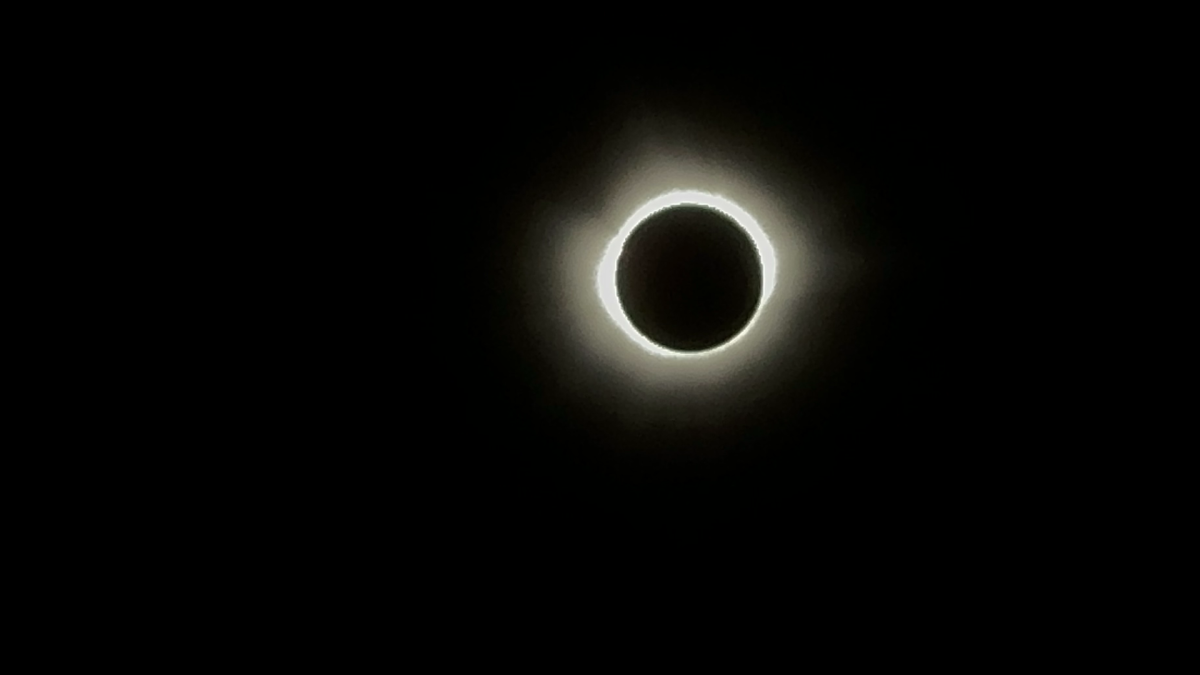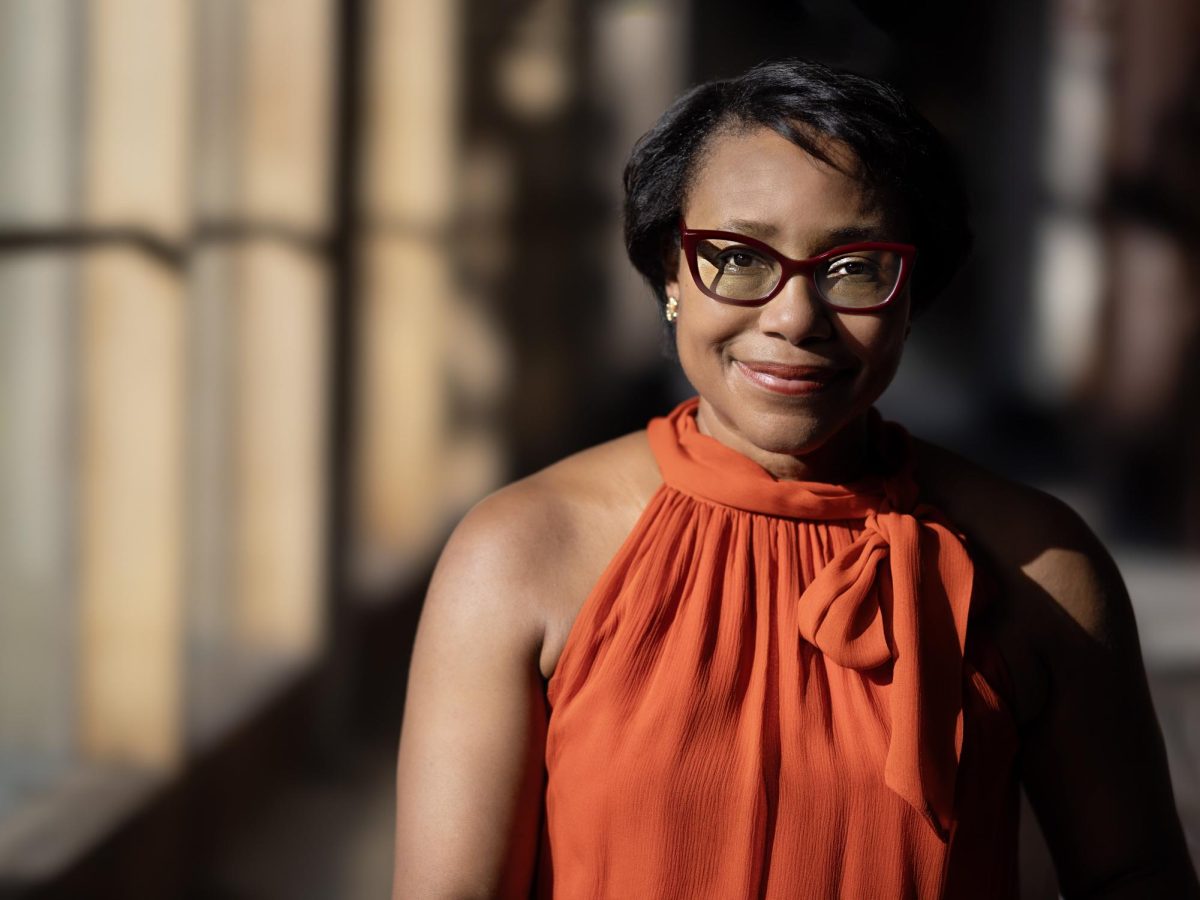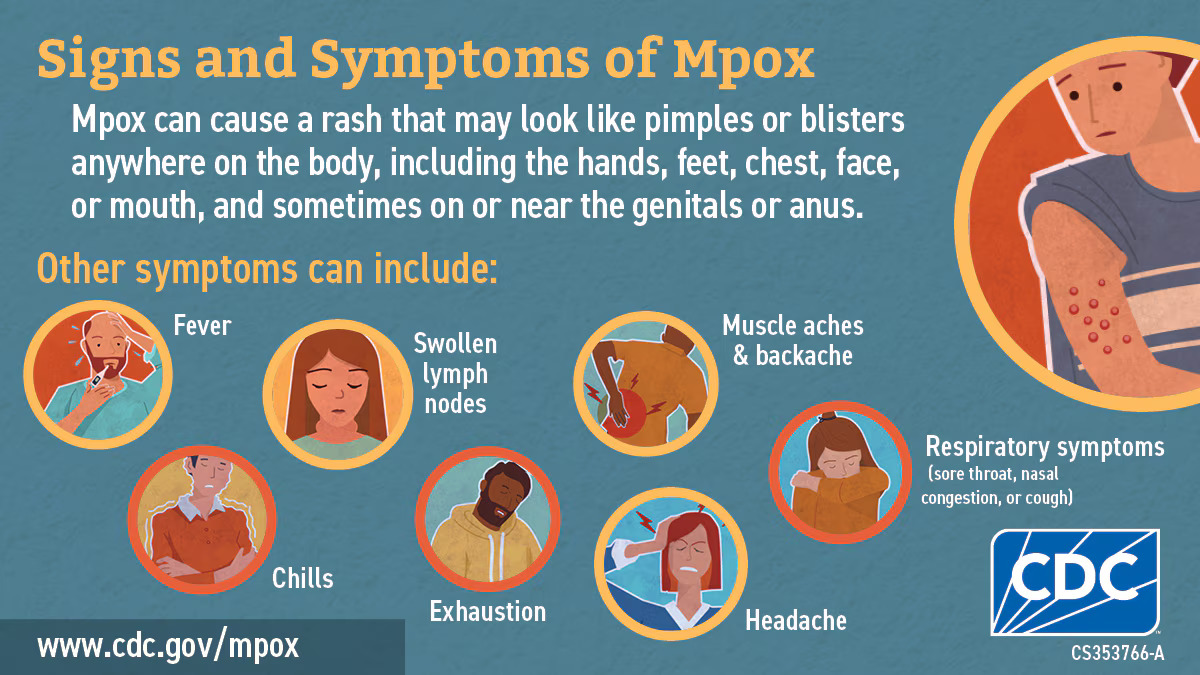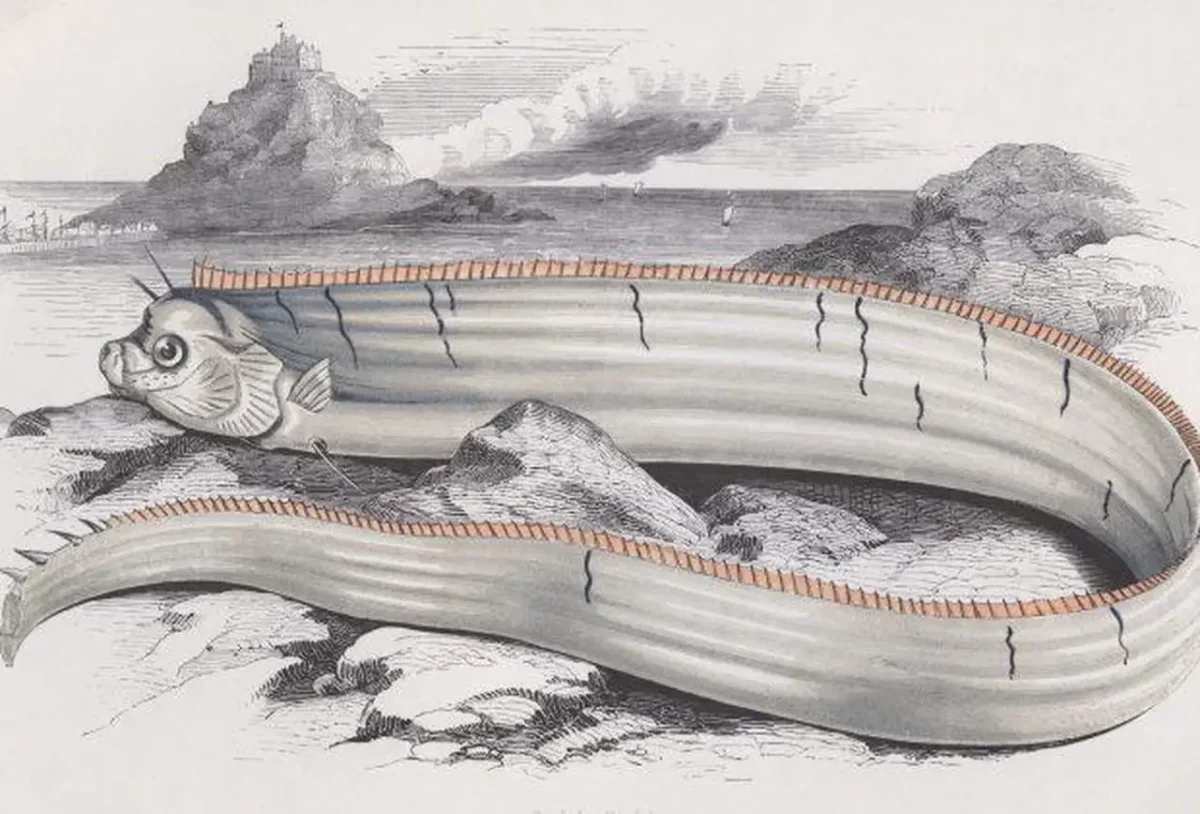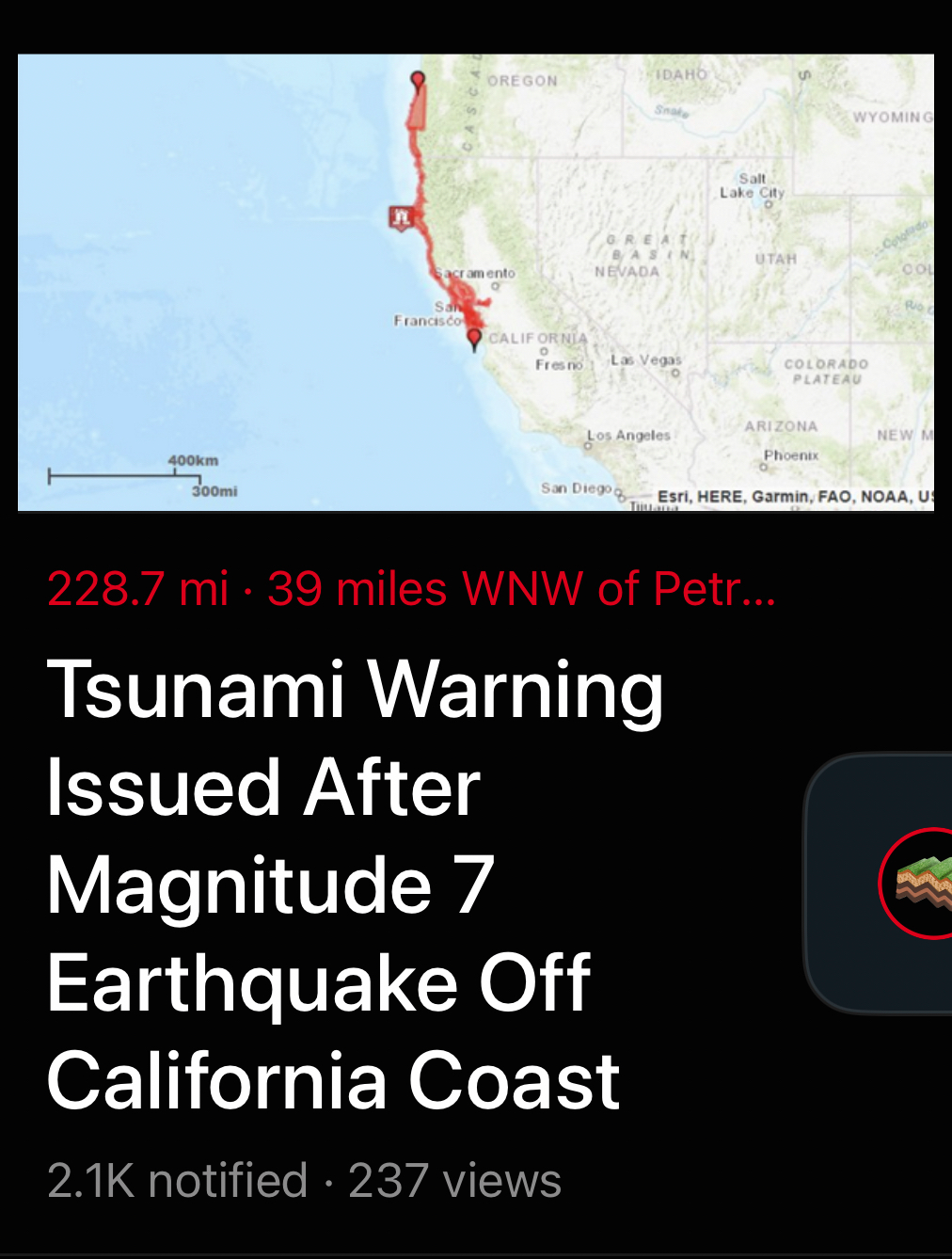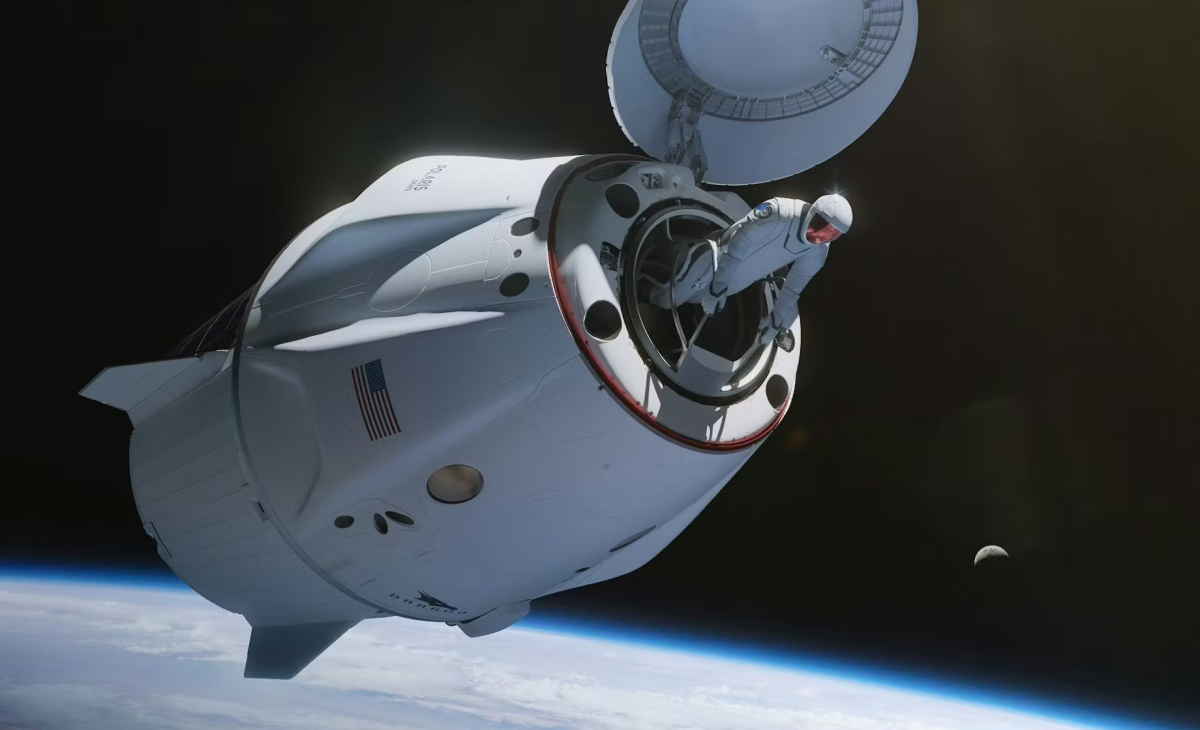Millions of people in the U.S. were looking up at the sky on April 8 to catch a glimpse of the total solar eclipse.
The breathtaking event began over the South Pacific Ocean and crossed over North America, which is where an estimated 44 million people who lived in the path of totality eagerly waited for the opportunity to see this spectacle.
Among them was a Riordan science teacher, Dr. Gochoco-Tsuyuki, who traveled to Abbott, Texas to watch. Dr. Gochoco-Tsuyuki reflected on the event, saying, “As a science teacher there is so much to be learned about understanding these astronomical phenomenons. Just really understanding the physics of how these astronomical bodies align.”
Aside from the “ring of fire” that occurred last October, the U.S. has not experienced a total Solar eclipse since 2017. Unfortunately, North Americans will have to wait until 2033 to experience another total solar eclipse, which will be limited to Alaska.
Ivo Everett ’26 said, “For me, I see the solar eclipses as a new way to look at the universe, putting into perspective how much we do not know about stars and how we have to stay curious.”
For the United States, a coast-to-coast total solar eclipse – similar to what occurred this year – will not happen again until 2045. For the rest of the world, however, this isn’t the case. In 2026, Greenland, Iceland, and Spain will have their turn. After that, in 2027, the eclipse will span across Spain and northern Africa.
Dr. T also plans to travel to see these as well.
Heather Long ’27 said, “The eclipse reminds us of our place in the solar system and its magic. We can appreciate it with one another, forging questions about the universe and mysteries our world contains.”
On average, there are two eclipses annually, but the maximum number that can occur is five. During this eclipse, The moon was about 223,000 miles from Earth, and the closer the moon is the more intense the period of darkness is. In New York, the totality lasted 1.5 minutes, and in Mexico, it was even longer with 4 minutes and 28 seconds.
Those unsure of whether it’s worth investing the time to see the next eclipse can see this as a sign that they will not regret it.
Dr. Gochoco-Tsuyuki expressed, “I see it as a wonder of God situation. You can be a scientist and you know exactly what’s going on, but for me, it’s really special. To some extent it’s a very religious event, it’s memorable and just makes you appreciate how cool creation is that something like this could happen.”

